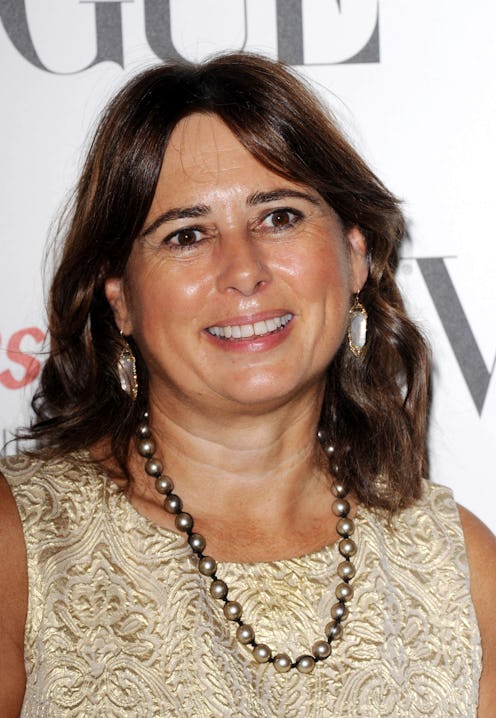Fashion
You Won't Believe What This Vogue Editor Said
The more things change, the more they stay the same. Just as the fashion industry starts to acknowledge that women of all body types and sizes can — and do — buy beautiful clothes, a Vogue UK editor suggests that inclusivity is not what people want from fashion. In an interview with BBC Radio 2, editor Alexandra Shulman raised eyebrows — and questions — when she remarked, "nobody wants to see a real person on the [magazine] cover."
Shulman joined guest host Lily Allen on the Dermot O'Leary show to chat about fashion, magazines, and the ideals of beauty readers see in popular publications. When the conversation turned to concerns about the future of the magazine publishing industry, Shulman claimed that readers are looking for a stereotypical cover image, which allows for little diversity or experimentation:
Broadly speaking, if you’re going to talk about a model or a personality, it’s kind of a quite middle view of what beauty is, quite conventional. Probably smiling, in a pretty dress, somebody looking kind of ‘lovely'... the most perfect girl next door, better than yourself.
Schulman cited the need for magazine sales in defending Vogue's homogeneous cover images, but was careful to counter the opinion with the statement that Vogue's cover girls aren't representative of real women.
She said during the interview,
Vogue is a magazine about fantasy to some extent and dreams, and it’s an escape from real life... People don’t want to buy a magazine like Vogue to see what they see when look at in the mirror. They can do that for free.
Vogue's use of exceptionally thin, classically beautiful models has been the subject of scrutiny for some time, but the American edition of the magazine has recently branched out when it comes to who appears on the cover. Adele looked stunning as the magazine's March 2012 star; Jennifer Lopez's enviable physique graced the magazine in April 2012; and Kate Upton's curvy figure was lauded for its healthy proportions when the model landed Vogue's June 2013 cover. Most recently, Lena Dunham and Rihanna's respective Vogue covers have provided readers with more body variety and a quirkier, edgier vibe, suggesting a trend towards a broader vision of beauty.
We all enjoy indulging in a bit of fashion fantasy now and then, but let the fantasy be the endless pairs of Louboutins and the editorial shot mid-Sahara amid a heard of zebras. By suggesting that people only respond to one vision of beauty — an idealized, conventional, girl-next-door — Vogue sells its readers short.
